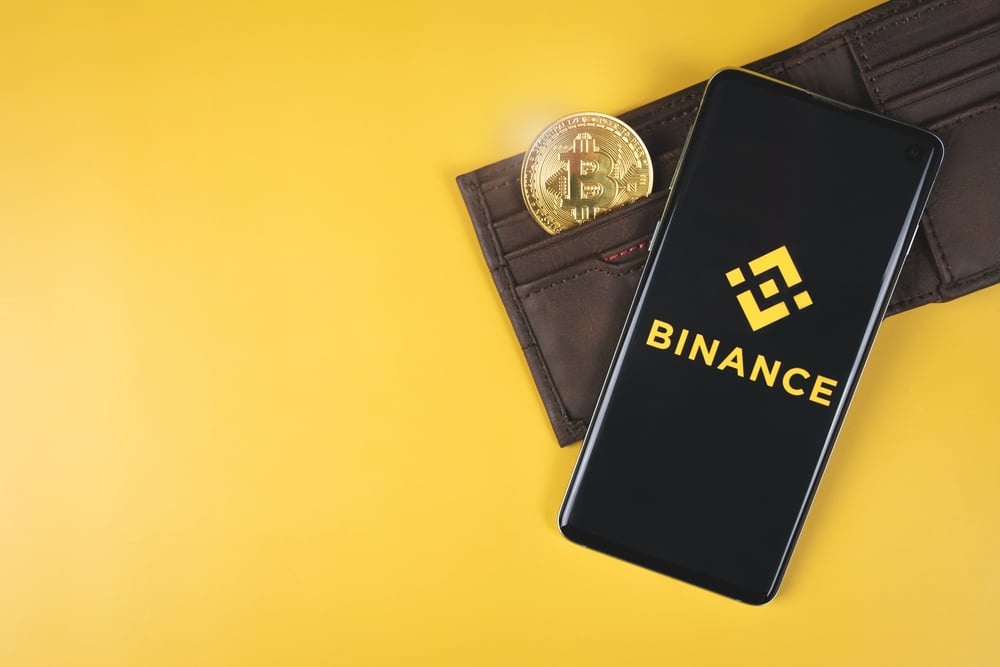The downfall of FTX (formerly considered to be the 3rd-biggest crypto exchange) disclosed that proof-of-reserves are very significant in preventing situations dealing with misappropriation of the consumers’ funds.
As the crypto exchanges have preemptively begun issuing the wallet addresses proving that the funds of the clients exist, many entrepreneurs – taking into account Jesse Powell (the co-founder and CEO of Kraken) – labeled this practice as futile.
Kraken CEO Says the Proof-of-Reserves of Binance Are Nothing without Liabilities
Powell pointed out that the crypto platforms have been ineffective in incorporating liabilities.
In the words of Kraken CEO, a full-fledged proof-of-reserve audit requires including the cumulative consumer liabilities, the cryptographic proof that proves that each of the accounts was a part of the cumulative amount and could be verifiable by the customers, as well as the signatures demonstrating the control of the custodian on the wallets.
Though the proof-of-reserves of Kraken does not permit the assets’ verification against the liabilities of the firm, Powell keeps on calling out the rest of the entities in the industry that have been unsuccessful in including the accounts containing negative balances. In his Twitter post, he specified that he does not consider the attempts made by the other crypto platforms as proof of reserves.
As per him, they can either be categorized as an intentional misrepresentation or ignorance. Powell asserted that there was no importance of the Merkle tree if an auditor does not make sure that accounts comprising negative balances were not included. The Kraken CEO is of the view that making an asset-related statement without any mention of liabilities is futile.
Previously, Powell criticized CoinMarketCap for offering partial proof of reserves saying that it was deficient in providing consumer balances as well as wallet control’s cryptographic proof. According to him, reserves do not only comprise the wallet list but the assets subtracted from liabilities.
The recently issued proof-of-reserves system of Binance permits customers to validate their assets with the utilization of a Merkle tree.
Nonetheless, Powell expressed being dissatisfied with this because the respective system remained incapable of containing accounts holding negative balances.
He added that the significance of this was to comprehend if an exchange entity has extra crypto assets in its custody than those it has borrowed from the consumers. In addition to this, he asked journalists and the media to stay away from misleading the clients.
Rather, he suggested that they should spend proper time to know the motive at the back of the proof-of-reserves. Contrary to that, some of the participants of the community denied the need for a reliable auditor that was suggested by Powell.
Changpeng Zhao, the CEO of the crypto exchange Binance, refuted the claims of Powell by presenting the next strategy of the exchange including the engagement of 3rd-party auditors to audit the results of its proof-of-reserves.
Zhao Reacts to Powell’s Concerns
The response given by the Binance CEO over the apprehensions raised by Powell got substantial community support. Nevertheless, a few members called Zhao to be a hypocrite for disabling public commentary over the post inviting checks and questions. On the 19th of November,
Binance’s CEO declared to have initiated operating on the development of a secure centralized exchange, a concept presented by Vitalik Buterin (the co-founder of Ethereum). In this respect, an adequate move would be the establishment of a system under which no permission would be granted to the exchanges to extract the funds of depositors without their consent.

